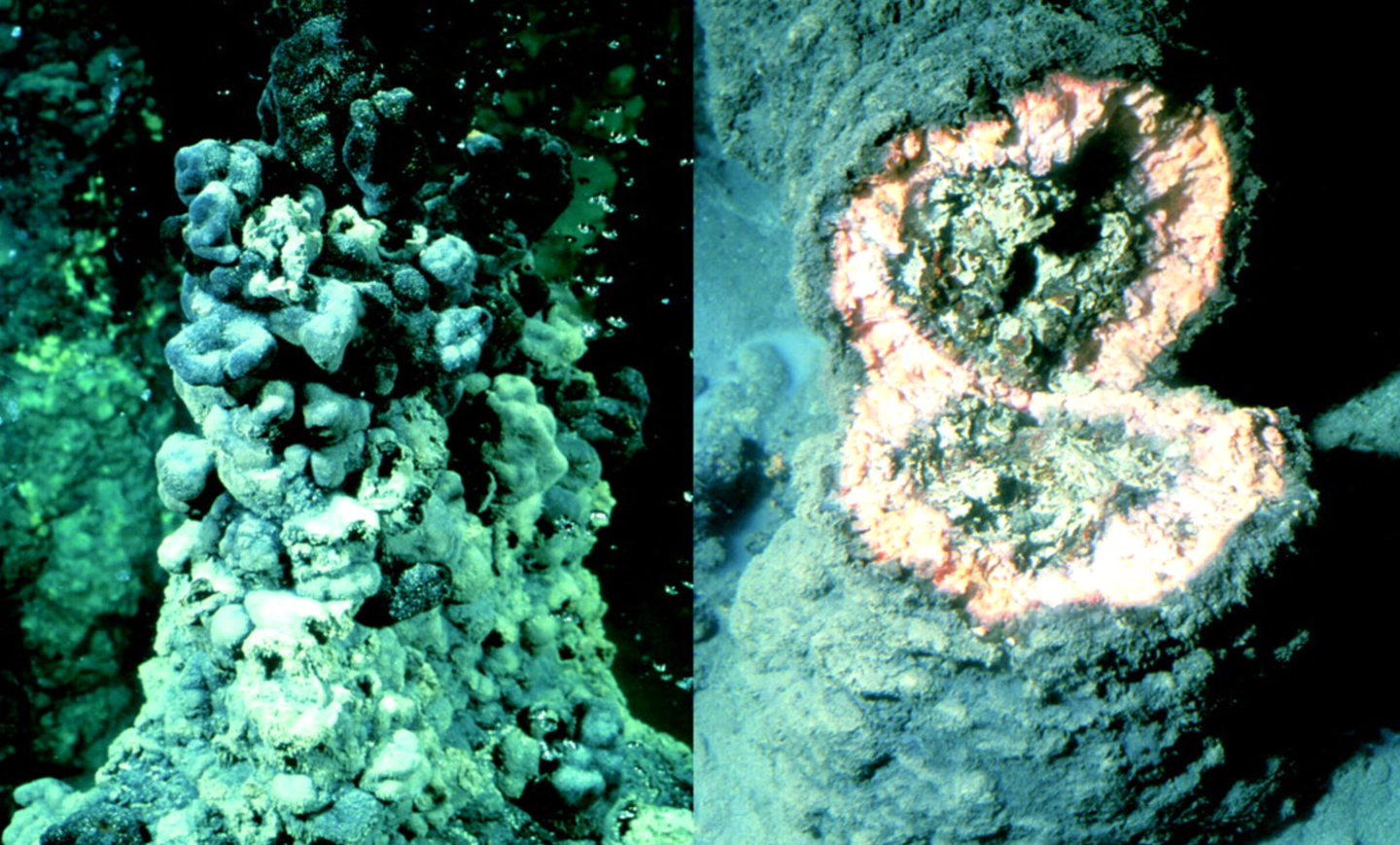Groundbreaking new AI revolutionizes drug development, study finds
AI helps predict receptor structures, speeding up drug development for mental health and shows promise for schizophrenia and depression.

AI technology is revolutionizing drug development for mental health. (CREDIT: CC BY-SA 3.0)
Artificial intelligence (AI) is proving to be a game-changer in drug development, especially in the realm of mental health.
A recent study from Uppsala University, published in Science Advances, highlights how AI can revolutionize the search for new medications by predicting the three-dimensional structures of key receptors in the brain. These advancements could lead to more effective treatments for conditions like schizophrenia and depression.
Traditionally, researchers have relied on experimental methods to understand the intricate structures of proteins and how various molecules interact with them. This structural information is essential for designing drugs that can bind effectively to target proteins, but the process is time-consuming and complex.
As a result, it’s not always feasible to use experimental approaches in every case. However, with AI, researchers now have a faster and more accurate way to predict these protein structures, which is speeding up drug discovery.
In this recent study, scientists at Uppsala University focused on a receptor called TAAR1, which has shown great promise in mental health treatments. TAAR1 is particularly interesting because drugs that activate this receptor have demonstrated positive effects in managing symptoms of schizophrenia and depression. Yet, before this study, the exact structure of the TAAR1 receptor remained unknown.
Related Stories
- How does the brain make memories?
- Can ultrasound help treat Alzheimer’s, Dementia and the brain?
- Can ultrasound help treat Alzheimer’s, Dementia and the brain?
Using AI, researchers were able to model TAAR1’s three-dimensional structure with remarkable precision. These models were then used to screen millions of potential drug molecules through supercomputers. The idea was to find which molecules would best fit into the receptor model, predicting their potential effectiveness as medications.
Once promising candidates were identified, the molecules were put to the test in real-world experiments by collaborators at Karolinska Institutet.
Remarkably, a large number of the predicted molecules successfully activated TAAR1. One of the most potent molecules even showed significant effects in animal trials, further bolstering the potential of AI in developing drugs for mental health.
As the study progressed, researchers were given a rare opportunity to validate their AI models. Experimental data on the actual structure of TAAR1 became available, allowing the team to compare the AI-generated models with real-world results. The comparison was a revelation.
Jens Carlsson, the lead researcher from Uppsala University, expressed his astonishment: “The accuracy of the structures generated with AI was astonishing – I couldn't believe it.” He emphasized that AI-based modeling outperformed traditional methods by a significant margin.
With these successful results, Carlsson and his team now look forward to using AI in drug development for other receptors. The possibilities are vast, as AI opens doors to working with previously elusive targets in the brain. This breakthrough offers hope for creating new, more effective treatments for mental health disorders.
Note: Materials provided above by The Brighter Side of News. Content may be edited for style and length.
Like these kind of feel good stories? Get The Brighter Side of News' newsletter.



